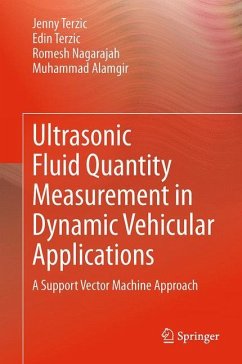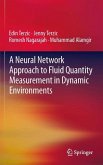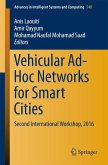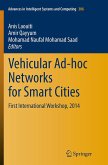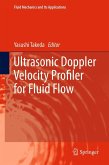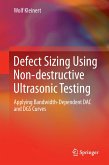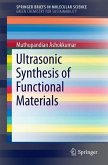Accurate fluid level measurement in dynamic environments can be assessed using a Support Vector Machine (SVM) approach. SVM is a supervised learning model that analyzes and recognizes patterns. It is a signal classification technique which has far greater accuracy than conventional signal averaging methods.
Ultrasonic Fluid Quantity Measurement in Dynamic Vehicular Applications: A Support Vector Machine Approach describes the research and development of a fluid level measurement system for dynamic environments. The measurement system is based on a single ultrasonic sensor. A Support Vector Machines (SVM) based signal characterization and processing system has been developed to compensate for the effects of slosh and temperature variation in fluid level measurement systems used in dynamic environments including automotive applications. It has been demonstrated that a simple ni-SVM model with Radial Basis Function (RBF) Kernel with the inclusion of a Moving Median filtercould be used to achieve the high levels of accuracy required for fluid level measurement in dynamic environments.
Aimed toward graduate and postgraduate students, researchers, and engineers studying applications of artificial intelligence, readers will learn about a measurement system that is based on a single ultrasonic sensor which can achieve the high levels of accuracy required for fluid level measurement in dynamic environments.
Ultrasonic Fluid Quantity Measurement in Dynamic Vehicular Applications: A Support Vector Machine Approach describes the research and development of a fluid level measurement system for dynamic environments. The measurement system is based on a single ultrasonic sensor. A Support Vector Machines (SVM) based signal characterization and processing system has been developed to compensate for the effects of slosh and temperature variation in fluid level measurement systems used in dynamic environments including automotive applications. It has been demonstrated that a simple ni-SVM model with Radial Basis Function (RBF) Kernel with the inclusion of a Moving Median filtercould be used to achieve the high levels of accuracy required for fluid level measurement in dynamic environments.
Aimed toward graduate and postgraduate students, researchers, and engineers studying applications of artificial intelligence, readers will learn about a measurement system that is based on a single ultrasonic sensor which can achieve the high levels of accuracy required for fluid level measurement in dynamic environments.

